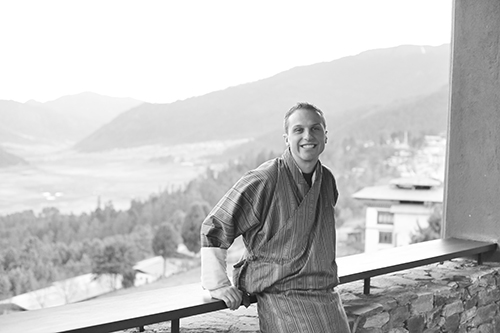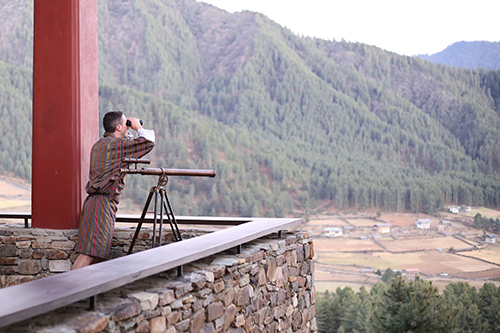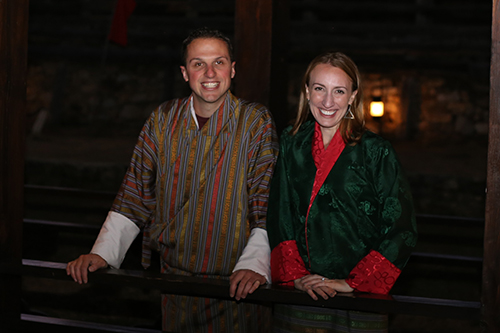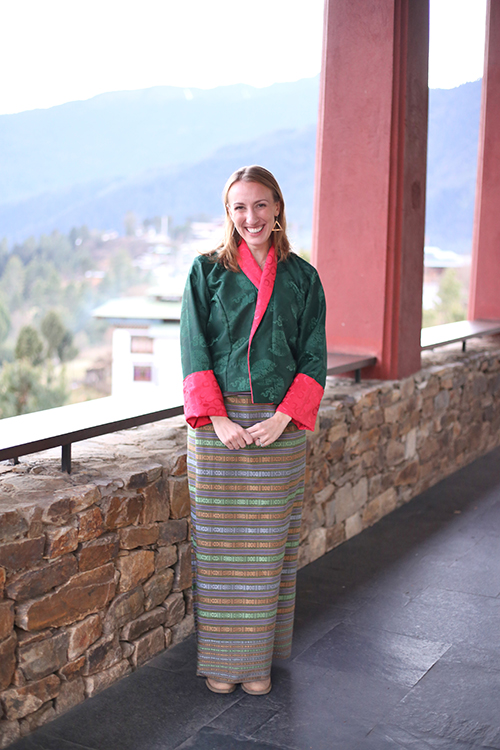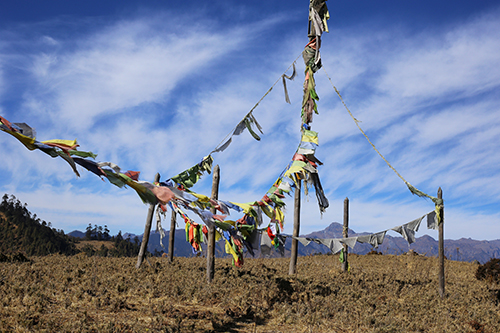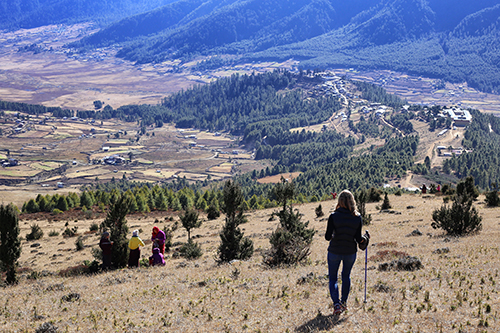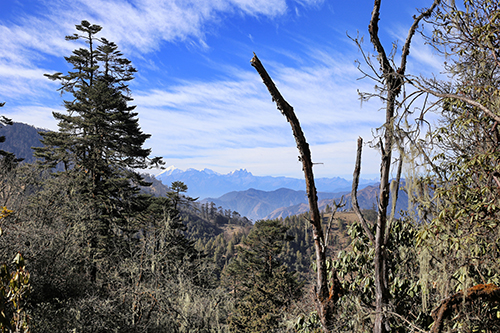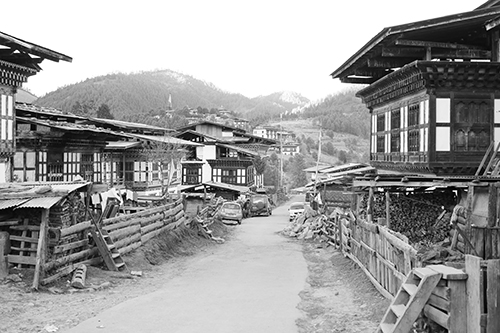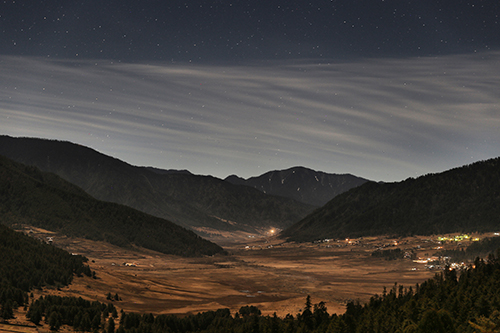I think we’ll sum this road trip up as an adventure in a country that is still developing its infrastructure. It was exciting, frustrating, comical, beautiful, and eye-opening all at once.
The excitement is like driving along the highway above the Amalfi Coast. The views from the road are incredibly beautiful and distracting as it winds it’s way hugging the mountain on one side and a cliff on the other. Since it’s the main road, all forms of transportation are present – large construction vehicles, trucks, buses, motorbikes, walkers, and us. All these transportation modes go at different speeds and take up different amounts of space on the road, which many times isn’t wide enough to pass let alone accommodate two-way traffic. We try not to look down, but sometimes the temptation to know how far down really is gets the better of us.
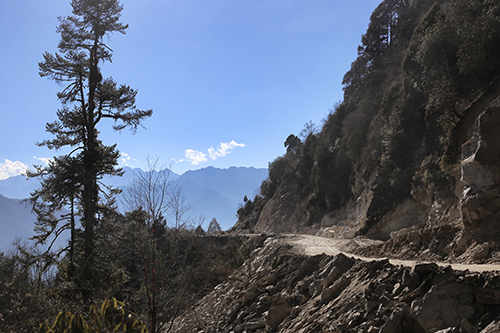

The frustration is like driving through the Colorado Rockies only to find out that the one airplane that flies to and from Denver is out of service for the next week and the one road that took us there can at times barely be called a road. We drive through numerous switchbacks punctuated by mountain passes. We pass and get passed seemingly based on some system depending on size of car and comfort with the road. The scenery continues to change, the mountains in the distance continue to tower, and the road continues to wind. We are hoping this is going to be a one-way journey as the plan is to fly back, but alas, the flight is cancelled in the middle of Bhutan where the only way back is the way we came.
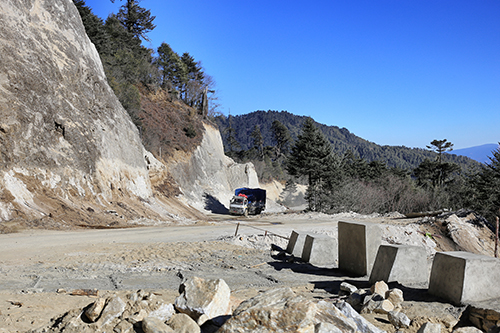
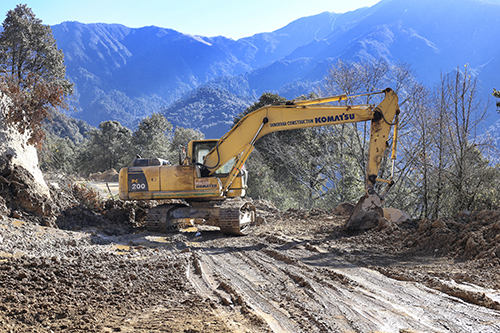
And the comedy is like riding an amusement park ride. One of those rides where you get into a vehicle that doesn’t move but only jostles around, and there’s a screen in front of the car to simulate forward and backward movement (see: Back to the Future, the ride). There are so many degrees of freedom as we drive along this newly expanded road, which is unpaved and has so many potholes that I think calling them potholes would be generous. We sway left to right, front to back. We bounce up and down. We accelerate and break. And often, we seem to bounce up, break and sway left all at the same time. Great for a 60 second ride, but a little less friendly on the lower-back for a many hour car drive.
In truth though, this is part of traveling in a country with few tourists. Bumthang maybe had a dozen tourists there. The monasteries, temples, restaurants, and streets were full of locals but no tourists. And we treasure this even if it means a slightly more painful journey back.




